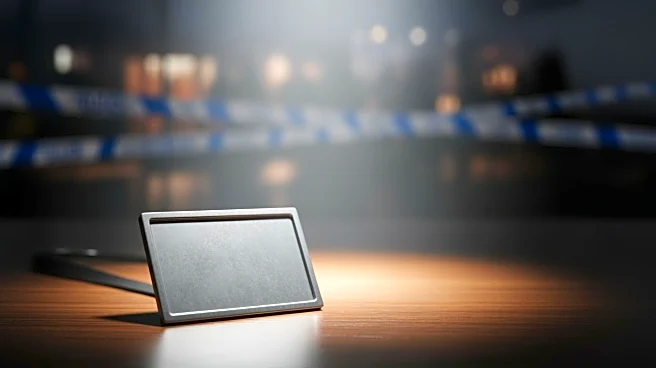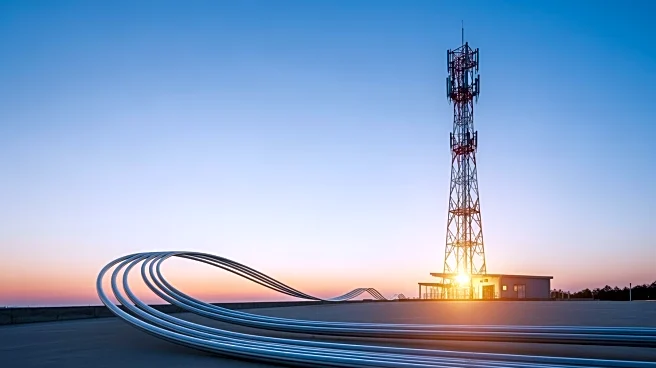What's Happening?
The Trump administration has decided to federalize the Illinois National Guard in response to ongoing protests at the ICE facility in Broadview. This move is part of 'Operation Midway Blitz,' aimed at supporting federal agents in managing the demonstrations. The protests have been persistent, with demonstrators returning to the facility, prompting the need for additional security measures. The Department of Homeland Security (DHS) officials have stated that the deployment of the National Guard is necessary to ensure the safety and effectiveness of federal operations in the area.
Why It's Important?
The federalization of the Illinois National Guard highlights the escalating tensions between protestors and federal authorities. This decision underscores the federal government's commitment to maintaining order and supporting immigration enforcement operations. The involvement of the National Guard could have significant implications for civil liberties and the right to protest, raising concerns among advocacy groups about the militarization of law enforcement. The move may also influence public opinion on immigration policies and the federal government's approach to handling dissent.
What's Next?
The deployment of the National Guard is likely to intensify the situation at the Broadview ICE facility. Stakeholders, including local government officials, advocacy groups, and community leaders, may respond with increased calls for dialogue and policy changes. The federal government's actions could lead to further protests and legal challenges, as civil rights organizations may seek to address potential overreach and the impact on peaceful assembly rights. Monitoring the developments in Broadview will be crucial in understanding the broader implications for immigration policy and civil liberties.
Beyond the Headlines
The federalization of the National Guard in Illinois may set a precedent for similar actions in other states facing protests against federal immigration policies. This could lead to a broader debate on the balance between national security and civil rights. The situation also raises ethical questions about the use of military forces in domestic law enforcement and the potential consequences for democratic governance and public trust in government institutions.








